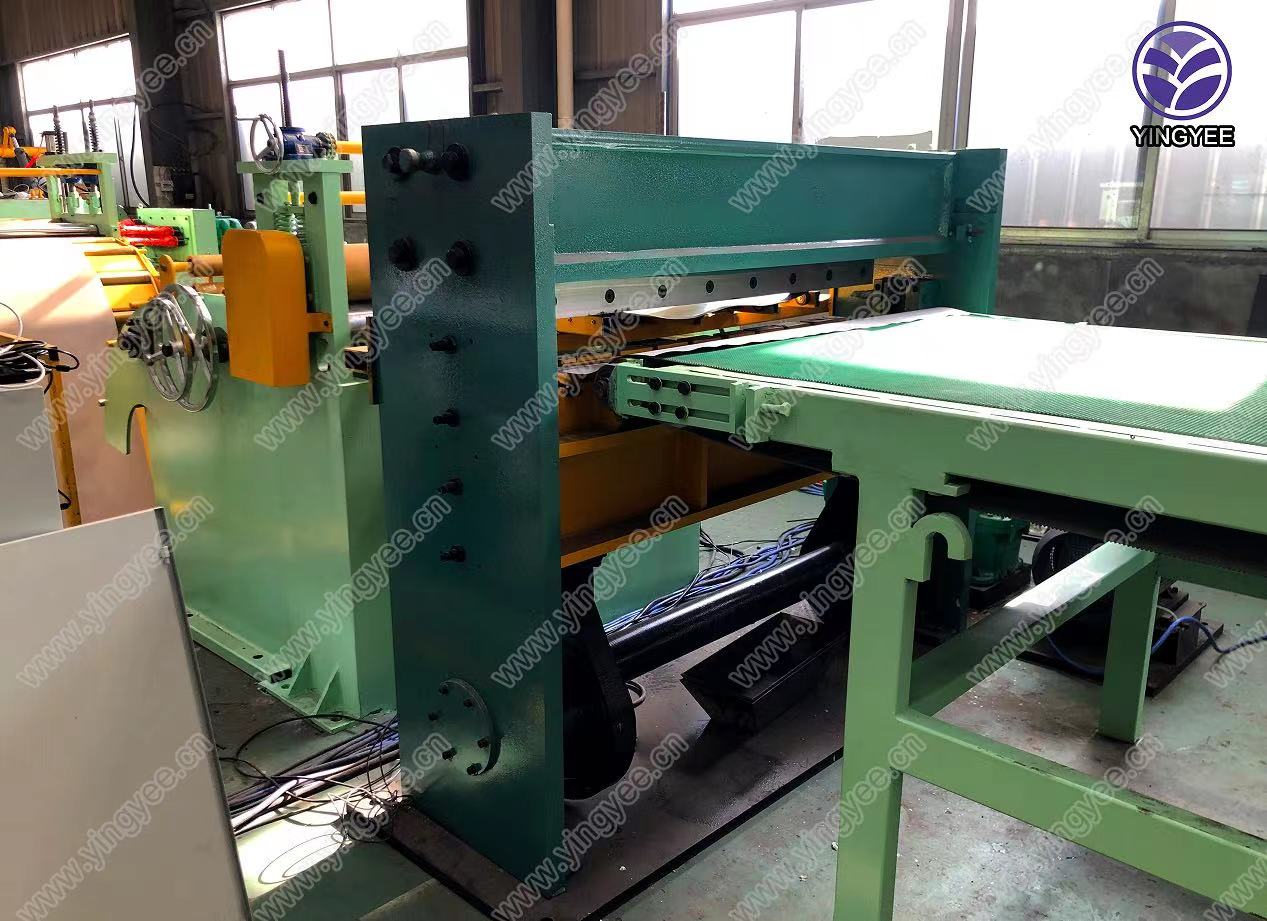
The Evolution and Importance of Drywall Making Machines
Drywall, also known as gypsum board, wallboard, or plasterboard, has become an essential material in modern construction. It is the go-to choice for interior walls and ceilings due to its excellent fire resistance, soundproofing qualities, and easy installation. Behind this ubiquitous building material lies a sophisticated process involving drywall making machines, which have evolved significantly over the years to meet the increasing demand for efficiency and quality in construction.
The Manufacturing Process
The production of drywall begins with the careful assembly of raw materials, primarily gypsum, which is mined and processed to produce a fine powder. This powder is then mixed with water and additives to enhance its properties. The mixture is formed into a continuous sheet on a production line, sandwiched between two layers of thick paper or fiberglass mat. Once the sheets are formed, they are cut to size and subjected to a drying process, which reduces moisture content and strengthens the board.
Drywall making machines play a pivotal role in each stage of this process. These machines are designed to automate and streamline the production, ensuring consistent quality and reducing labor costs. Advances in technology have transformed the traditional methods, leading to the creation of high-speed, efficient machines capable of producing large volumes of drywall with superior precision.
Types of Drywall Machines
There are several types of drywall making machines, each designed for various stages of production. The key components include
2. Forming Machines Responsible for shaping the mixed material, these machines create the continuous sheet of drywall. They use rollers and other mechanisms to ensure uniform thickness and dimensions.

3. Drying Equipment The drying process is critical. Drying machines utilize heated air or infrared technology to remove moisture from the sheets, increasing their durability and readiness for use.
4. Cutting Machines Once dried, the large sheets of drywall need to be cut into manageable sizes. Cutting machines achieve this with precision and speed, facilitating the packaging and distribution process.
5. Packaging Systems Finally, packaging machines ensure that the finished drywall sheets are securely packed for transport, reducing the risk of damage during shipping.
Environmental Considerations
As the demand for drywall continues to grow, so does the need for sustainable practices in manufacturing. Modern drywall making machines are increasingly designed to minimize waste and energy consumption. Recycling waste materials from production and using eco-friendly additives are strategies being employed to make the process more sustainable.
Manufacturers are also exploring alternative materials to replace traditional gypsum, such as recycled products and agricultural by-products. These innovations not only help in conserving resources but also appeal to environmentally conscious consumers and builders.
Conclusion
The drywall making machine industry is a testament to the importance of machinery in modern manufacturing. As construction techniques evolve and the demand for faster, cheaper, and greener solutions increases, these machines will continue to play a vital role in shaping the future of interior construction. With ongoing advancements in technology and sustainable practices, the drywall industry is poised to meet the challenges ahead, ensuring that it remains a cornerstone of modern building practices for years to come.